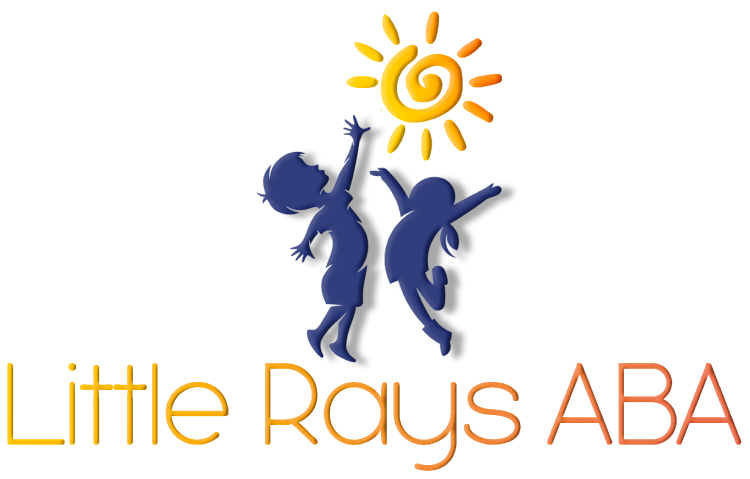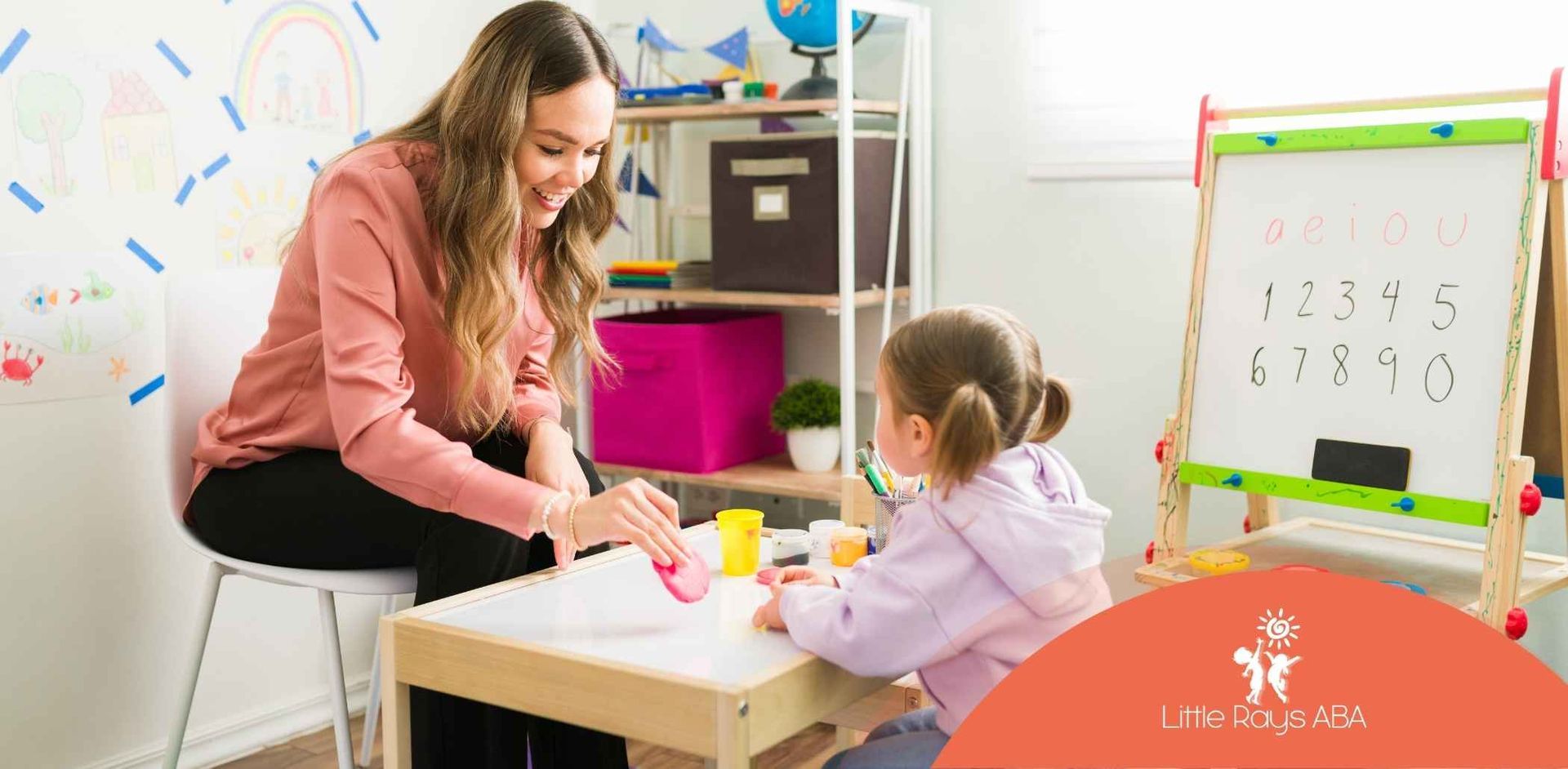
Can Children Outgrow Autism? Understanding Progress and Lifelong Support
Autism Spectrum Disorder (ASD) is a lifelong neurodevelopmental condition, which means children don’t technically “outgrow” it. However, with early and effective intervention—like Applied Behavior Analysis (ABA) therapy—many children make significant progress in communication, social skills, and behavior. As a result, some may no longer meet the criteria for an autism diagnosis later in life.
This does not mean the autism has disappeared. Instead, it reflects how well a child has learned to manage challenges and adapt. Some children may become highly independent, while others continue to need support in specific areas.
Each child with autism is different. Developmental milestones may be reached at a different pace, and progress depends on several factors, including therapy, environment, and individual strengths.
At Little Rays ABA, we focus on helping each child achieve their fullest potential. While autism is not something to “cure,” we believe in empowering children through personalized care, so they can live happy, independent lives.
Frequently Asked Questions
Can a child outgrow autism completely?
Autism is lifelong, but some children may show fewer symptoms over time.
What does it mean if a child no longer meets the criteria?
They’ve made significant progress, but may still need support in some areas.
Can therapy reduce autism symptoms?
Yes. ABA therapy can help build skills and reduce challenging behaviors.
Related Posts





